Neurological Conditions, Toronto

Neurological Conditions, Toronto Acupuncture
Our Acupuncture Treatment for neurological conditions at the Toronto Naturopath Osteopath Clinic is rooted in traditional Chinese medicine. This therapeutic approach involves the insertion of fine needles at specific points on the body, which are believed to correspond with various organ systems. Stimulating these points may help restore function and balance within the nervous system.
Environmental factors and lifestyle choices often play a significant role in one’s neurological health. For individuals experiencing neurological conditions, acupuncture therapy offers a path toward improved well-being. Scientific studies have shown that electroacupuncture encourages the release of neurotransmitters in the brain, which can alleviate symptoms of anxiety, depression, and other mood-related disorders.
Additionally, the electrical stimulation used in acupuncture enhances physical functioning by promoting better digestion, circulation, and sleep quality. Acupuncture has proven effective in treating a wide range of conditions—from minor discomforts to serious neurological disorders. At the Toronto Naturopath Osteopath Clinic, we have extensive experience in helping patients manage and improve their neurological symptoms through this time-tested approach.
Toronto's Best Acupuncture Clinic
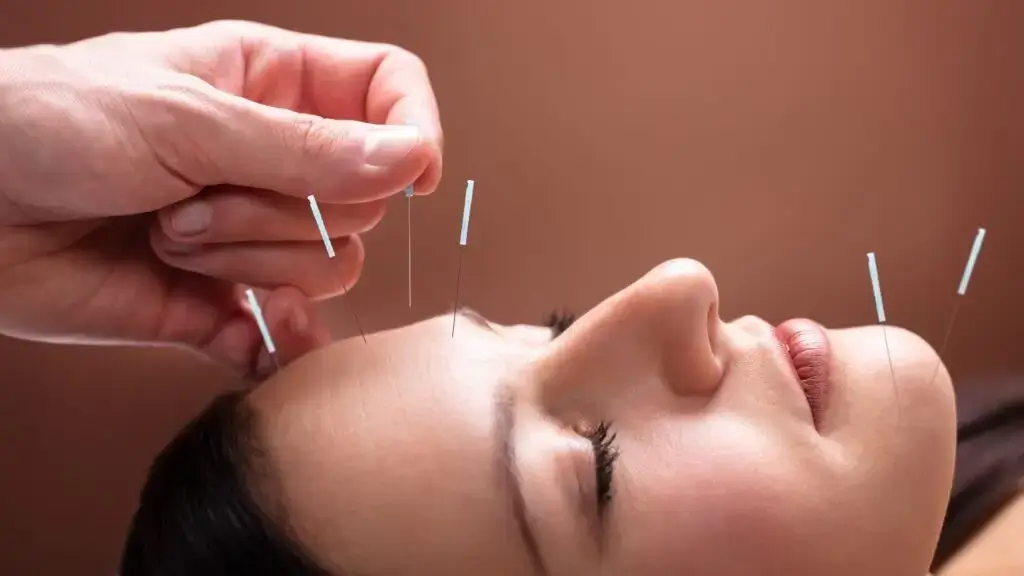
What are Benefits of Acupuncture for Neurological Conditions?
Neurological conditions such as neuralgias, chronic migraines and headaches, tinnitus, vertigo, and peripheral neuropathy can often be effectively managed with acupuncture therapy. This holistic treatment works by targeting specific points on the body to reduce inflammation, enhance blood circulation, and promote the natural healing processes of the nervous system.
As a non-invasive, drug-free therapy, acupuncture does not require surgery or anesthesia, making it a safe and gentle alternative for individuals seeking relief from neurological symptoms. In addition to addressing physical discomfort, acupuncture also supports emotional well-being by lowering stress and anxiety levels—factors often closely linked with neurological disorders.
While generally well-tolerated, some patients may experience mild side effects, such as slight soreness or bruising at the site of needle insertion. Despite this, many find the benefits of acupuncture to far outweigh any temporary discomfort, especially as it provides a natural and comprehensive approach to managing complex neurological issues.

Headaches
Headaches are a widespread health concern that can range from mild discomfort to intense, debilitating pain. They may arise due to stress, illness, injury, hormonal changes, or other triggers. As neurological conditions, headaches can be either acute—lasting a few hours or days—or chronic, persisting for extended periods and significantly impacting quality of life.
Acupuncture is a highly effective and natural treatment option for managing headaches. By inserting ultra-fine needles into specific acupuncture points along the body’s meridians, this ancient therapy helps to restore balance, reduce pain, and promote overall well-being. Clinical studies have shown that acupuncture can significantly reduce both the frequency and severity of headaches, especially in chronic cases such as migraines and tension-type headaches.
Beyond pain relief, acupuncture also offers additional benefits such as reducing anxiety, improving sleep quality, increasing energy, and addressing related symptoms like depression and stress. Its holistic approach makes acupuncture an ideal solution for those seeking long-term relief without the use of medications or invasive procedures.
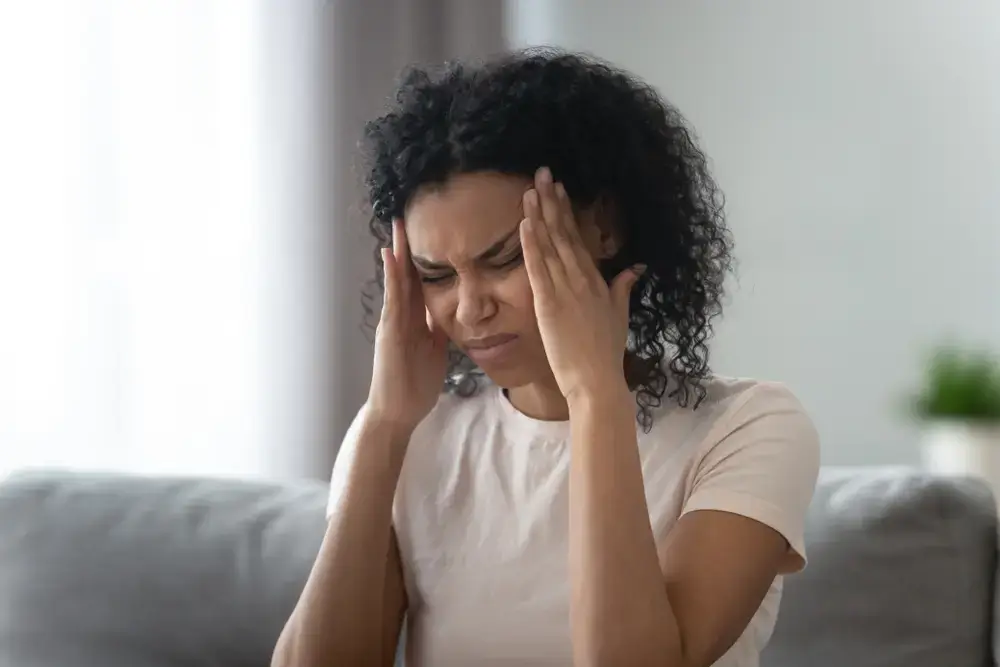
Migraines
Migraines are a neurological condition marked by intense, throbbing headaches that are often accompanied by visual disturbances (auras), nausea, and heightened sensitivity to light and sound. These episodes can significantly impact daily life and may be accompanied by emotional symptoms such as anxiety and depression. While migraines are more commonly reported in women, they can affect individuals of any gender and may occur sporadically or as frequent, chronic attacks.
Acupuncture, a core component of traditional Chinese medicine practiced for over 2,000 years, has emerged as a powerful, drug-free therapy for managing migraines. This treatment involves the insertion of very fine needles into specific acupuncture points on the body, helping to restore energetic balance, reduce inflammation, and improve circulation. Acupuncture sessions may also incorporate techniques like electrical stimulation or trigger point therapy to enhance results.
Many migraine sufferers report a significant decrease in the frequency and intensity of their headaches after regular acupuncture treatments. In addition, this therapy supports overall mental and physical wellness by promoting relaxation, improving sleep, and reducing stress—making it an effective and holistic approach for those seeking lasting relief from migraines.
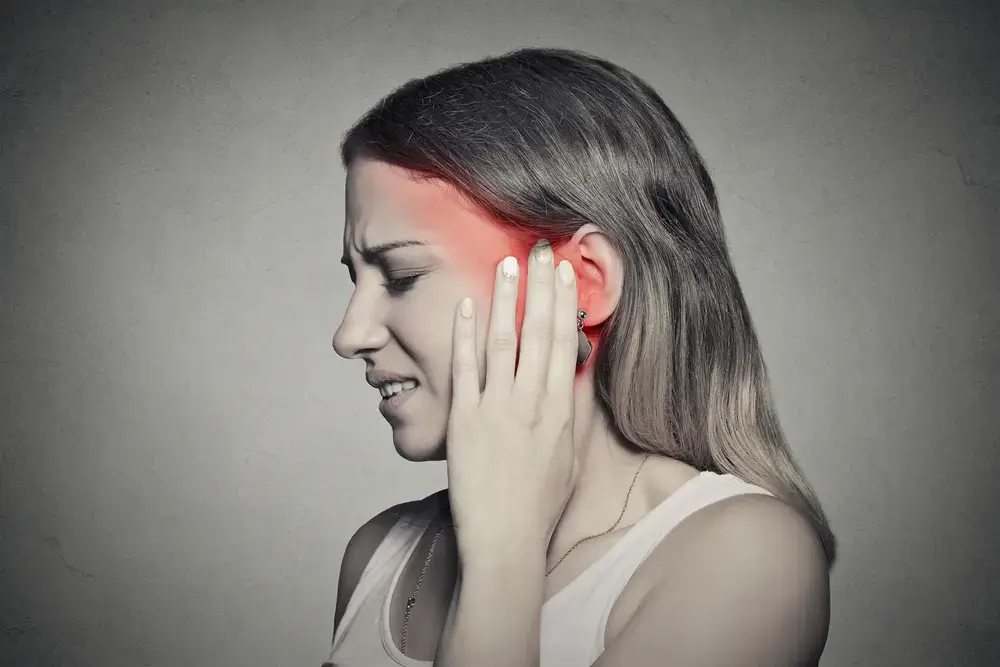
Neuralgias
Neuralgias are characterized by sudden, sharp, and shooting pains that often affect the head, face, or neck. These intense sensations typically occur on one side of the body and may last from a few seconds to several minutes. Neuralgia can result from a variety of underlying causes, including nerve injuries, herniated discs, infections, or tumors. There are several types of neuralgia, such as trigeminal neuralgia and occipital neuralgia, each requiring tailored management approaches.
Acupuncture has gained recognition as a highly effective, non-invasive treatment option for managing neuralgia. This time-tested practice involves inserting ultra-fine needles into precise acupuncture points to stimulate the body’s natural healing processes. By improving circulation, reducing inflammation, and modulating nerve signals, acupuncture helps relieve pain and restore function.
Patients with conditions like trigeminal neuralgia have reported substantial relief from pain and improved quality of life following acupuncture sessions. With a success rate exceeding 90% in some cases and virtually no serious side effects, acupuncture offers a safe and natural solution for those suffering from the debilitating effects of neuralgia.
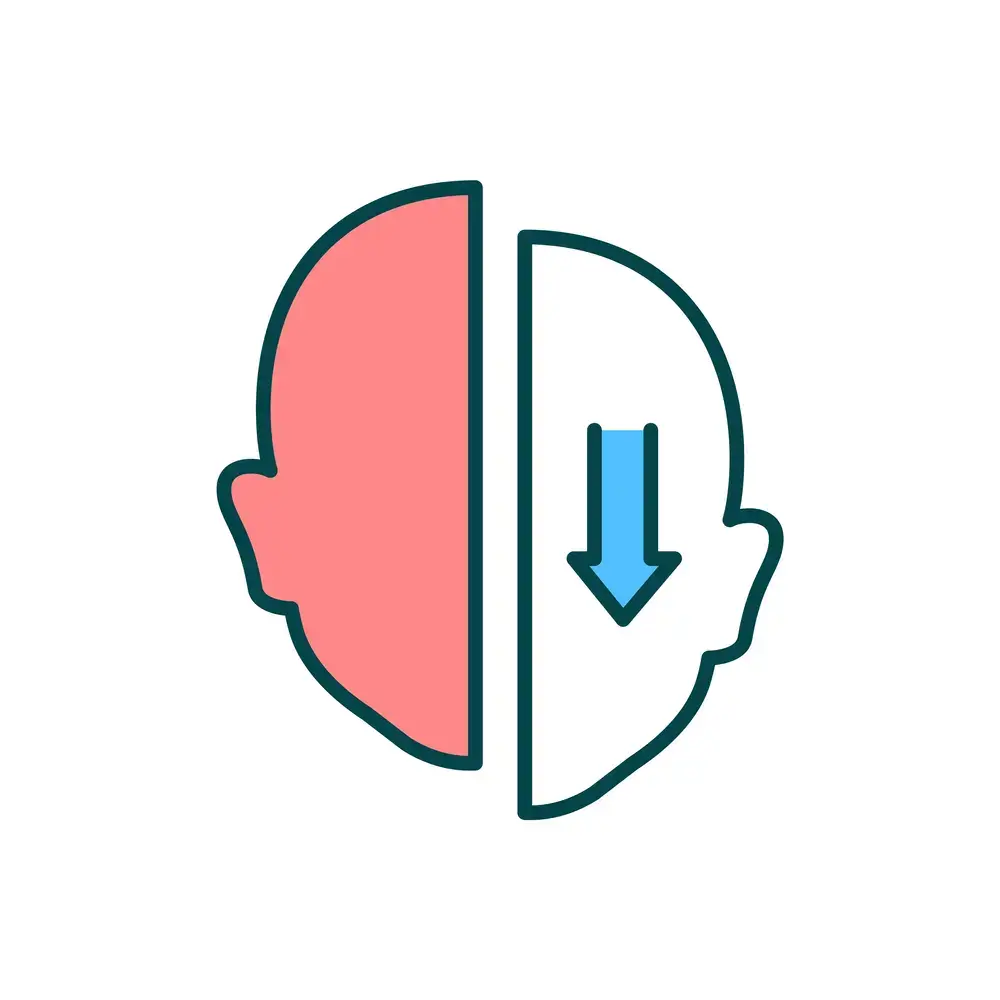
Forms of Paralysis
Paralysis is a serious medical condition involving the partial or complete loss of muscle function in one or more parts of the body, such as the limbs, torso, or head. It can result from various causes, including stroke, spinal cord injury, nerve damage, or neurological disorders. While some forms of paralysis are temporary and resolve within days, others can be long-lasting or permanent, significantly affecting a person's quality of life.
Acupuncture, a core component of traditional Chinese medicine, has been increasingly adopted worldwide for its therapeutic benefits in managing paralysis and other neurological conditions. This treatment involves the strategic insertion of very fine needles into specific points on the body to stimulate nerves and improve energy flow.
In cases of paralysis, acupuncture can help by enhancing nerve regeneration, improving blood circulation, and promoting better communication between the brain and affected muscles. It may also reduce muscle stiffness, alleviate spasms, and provide relief from associated pain. Many patients report regaining partial mobility, improved sensation, and enhanced overall function after regular acupuncture sessions. Safe, natural, and non-invasive, acupuncture is a promising complementary therapy for individuals living with paralysis.
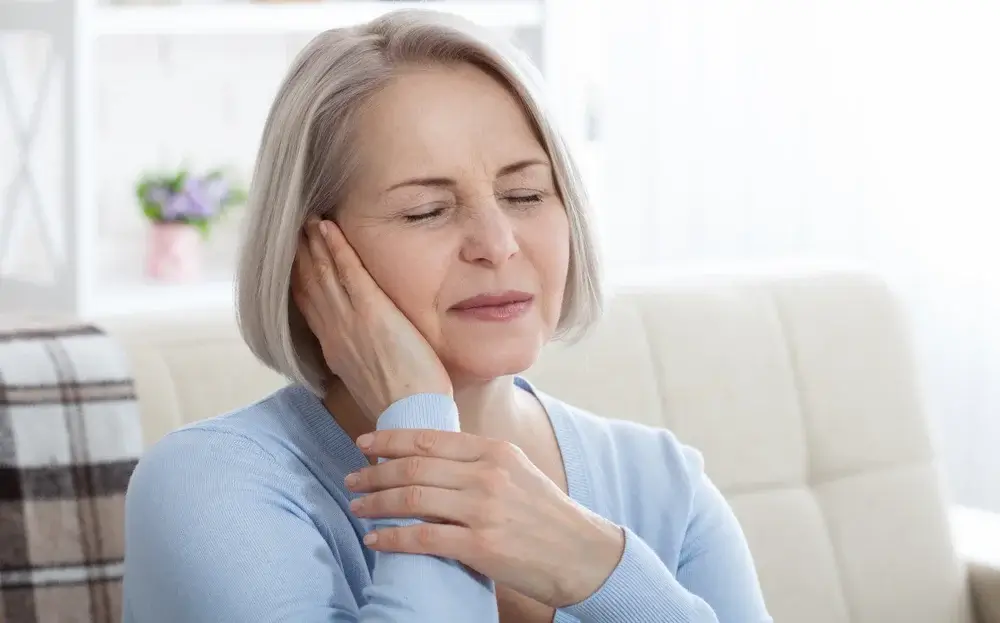
Tinnitus
Tinnitus is a condition characterized by the perception of sound when no external sound is present. These phantom sounds may manifest as ringing, buzzing, clicking, or hissing in the ears and can vary in pitch and intensity. Tinnitus is generally categorized into two types: objective tinnitus, which can be heard by a medical professional during examination, and subjective tinnitus, which is only heard by the individual experiencing it. While tinnitus is not a disease itself, it is often a symptom of an underlying condition such as hearing loss, ear injury, or a circulatory disorder.
Acupuncture therapy offers a natural, drug-free approach to managing tinnitus symptoms. As part of traditional Chinese medicine, acupuncture involves the gentle insertion of fine needles into specific points on the body to promote energy flow and restore balance. For tinnitus sufferers, this therapy may improve circulation to the ears, calm the nervous system, and reduce the severity and frequency of phantom sounds.
Unlike medications or surgery, acupuncture is non-invasive and carries minimal side effects, making it a safe and cost-effective option for many patients. Clinical studies and patient experiences have shown promising results, with many reporting noticeable improvements in their tinnitus symptoms and overall well-being following regular acupuncture sessions.
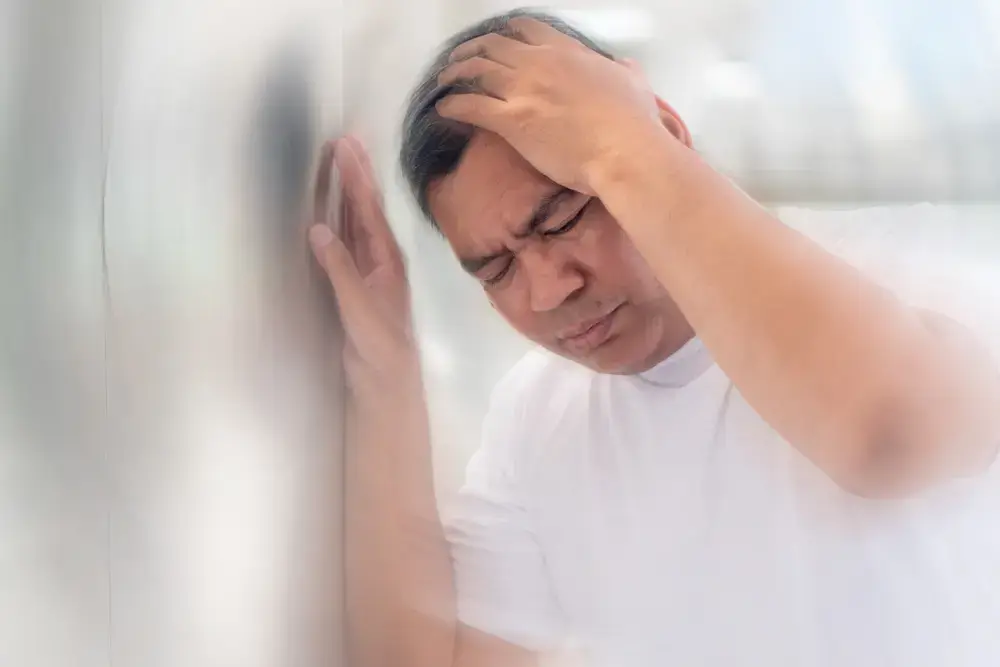
Vertigo
Vertigo is a disorienting condition that causes the sensation of spinning or movement, even when the body is still. People experiencing vertigo often feel as if the room is spinning around them, which can lead to balance issues and difficulty with daily activities. These episodes may last from a few seconds to several minutes or longer, and are frequently accompanied by symptoms such as nausea, vomiting, dizziness, rapid heartbeat, ringing in the ears (tinnitus), and sensitivity to light and sound.
One of the most effective natural treatments for vertigo is acupuncture therapy. This ancient practice, rooted in Traditional Chinese Medicine, involves inserting ultra-fine needles into specific points on the body to regulate energy flow, reduce inflammation, and restore balance within the nervous system. For vertigo sufferers, acupuncture can help alleviate dizziness, improve circulation to the inner ear, and reduce stress—one of the common contributing factors.
Acupuncture is a safe, non-invasive, and drug-free therapy with minimal side effects. A typical treatment plan may consist of just 8–10 sessions, making it both time-efficient and affordable. Many patients find that acupuncture not only relieves the symptoms of vertigo but also enhances their overall sense of well-being and equilibrium.
Toronto Naturopath Osteopath Clinic: Acupuncture Services
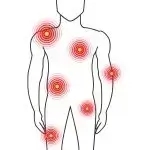
Musculoskeletal Pain
Musculoskeletal pain can range from mild to severe pain. There are many benefits of acupuncture including decreased pain, reduced inflammation, and improved function.

Obstetrics, Gynecological Conditions
Acupuncture, a traditional Chinese medicine technique, has been used in obstetrics and gynecology to relieve pain and other symptoms such as labor pain, menopause, menstrual cramps, and infertility. It also helps with insomnia and other painful conditions like trigeminal neuralgia.

Cardiovascular Disorder
Cardiovascular disorders affect the heart and the circulation of blood. They can be classified as either congenital or acquired and can also include cardiomyopathies.
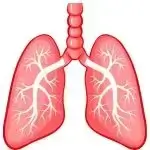
Respiratory Conditions
Acupuncture works to complement Western Medicine and can be a successful treatment for respiratory conditions. Acupuncture for respiratory conditions have been found to improve the quality of life for patients with asthma and COPD.
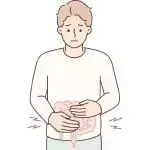
Digestive Disorders
Digestive disorders include many different conditions that can cause pain or discomfort in the stomach, intestines and other parts of the digestive tract. Acupuncture has been found to provide relief for gastrointestinal disorders.
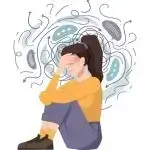
Psychological Conditions
Psychological conditions can be used both to prevent or stop anxiety, depression, PTSD, addiction, and other emotional problems. It has shown to be effective in treating both physical and psychological conditions.
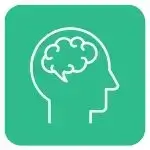
Neurological Conditions
Acupuncture has been shown to be effective in conditions ranging from minor pain to deadly cancer and neurological disorders. Scientific research has shown that electroacupuncture promotes the release of neurotransmitters in the brain which can help ease symptoms associated with anxiety and depression.

Pregnancy Care
Acupuncture services for pregnancy can be a great way to provide relief and support during the journey. Acupuncture helps to regulate hormones and can help with issues such as morning sickness, back pain, fatigue, and more.
If you liked this content and found it to be informative, please rate it.

